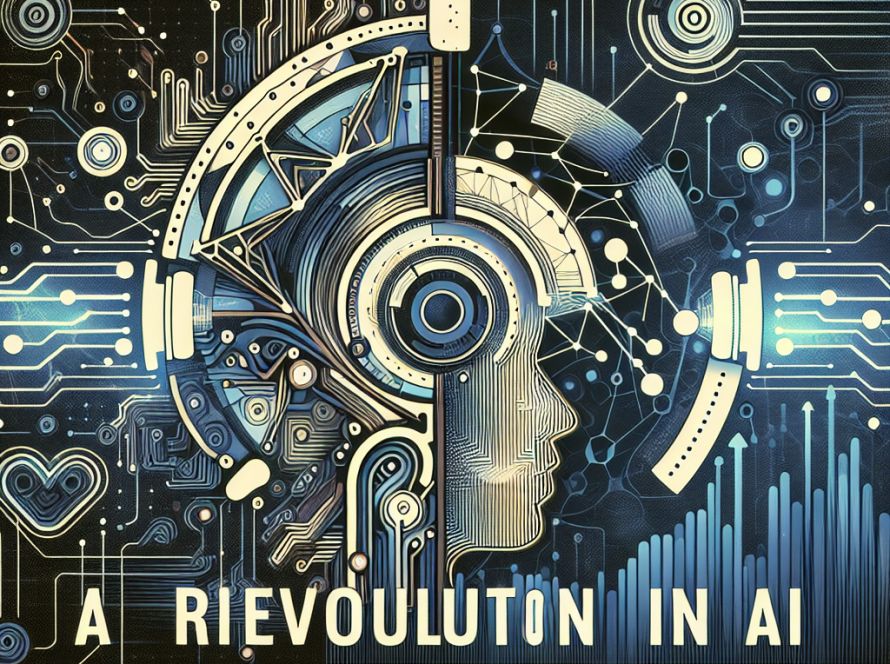In 2010, Media Lab students at MIT, Karthik Dinakar and Birago Jones, embarked on a class project to create a tool aimed at aiding content moderation teams at companies such as Twitter and YouTube. The innovative project generated considerable interest, leading to an opportunity to demonstrate the tool at a White House cyberbullying summit. However, the night before the White House event, Dinakar realized a problem: the tool could correctly identify concerning posts, but it failed to understand the teenage slang and indirect language prevalent in the posts.
To solve this issue, they decided to involve people who had a deep understanding of the data to improve the model. This led to the development of point-and-click tools that allow non-experts to build machine learning models, which formed the foundation for Pienso. Pienso today is instrumental in helping people construct extensive language models to detect misinformation, human trafficking, weapons sales, and more, without the need for coding.
The early version of the system was tested in collaboration with students from surrounding schools in Cambridge, Massachusetts, who helped train the models. This experience reinforced the importance of engaging people who genuinely understand the data in building these models.
Jones and Dinakar continued to work part-time on Pienso while completing their graduate studies at MIT. In 2016, after Dinakar completed his Ph.D. and due to the increasing popularity of deep learning, they intensified their efforts on Pienso. The founders credit MIT’s Industrial Liaison Program and Startup Accelerator for early partnerships, including SkyUK, which uses Pienso to process customer calls and has reportedly saved over £7 million.
During 2020, at the onset of the Covid-19 pandemic in the U.S., government officials sought to use Pienso to better understand the outbreak, allowing experts in virology to establish machine-learning models to analyze numerous research articles about coronaviruses. The founders note this work assisted the government in identifying and fortifying critical supply chains for drugs like remdesivir.
The Pienso platform can operate on both internal servers and cloud infrastructure, offering a viable alternative for businesses to use AI services without having to relinquish control over their data. Additionally, in partnership with GraphCore, Pienso’s founders aim to reduce latency, providing a faster and more efficient computing platform for machine learning. Their vision is to empower those who best understand the data to develop more efficient AI models, addressing specific use cases and needs.


